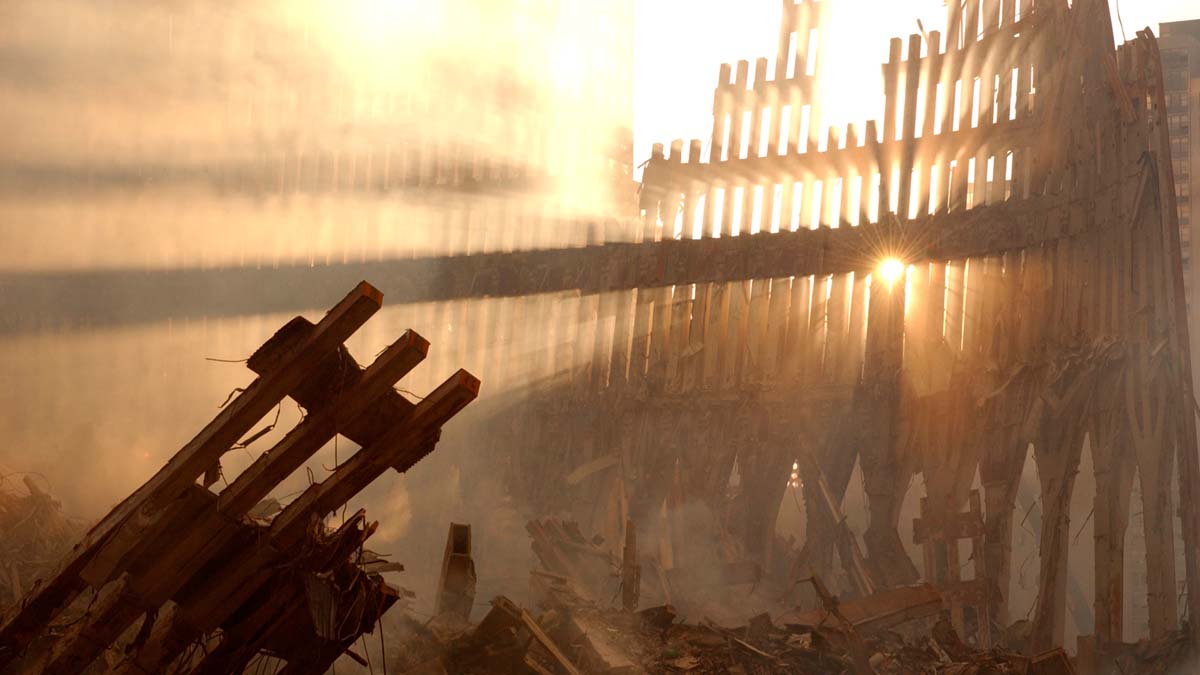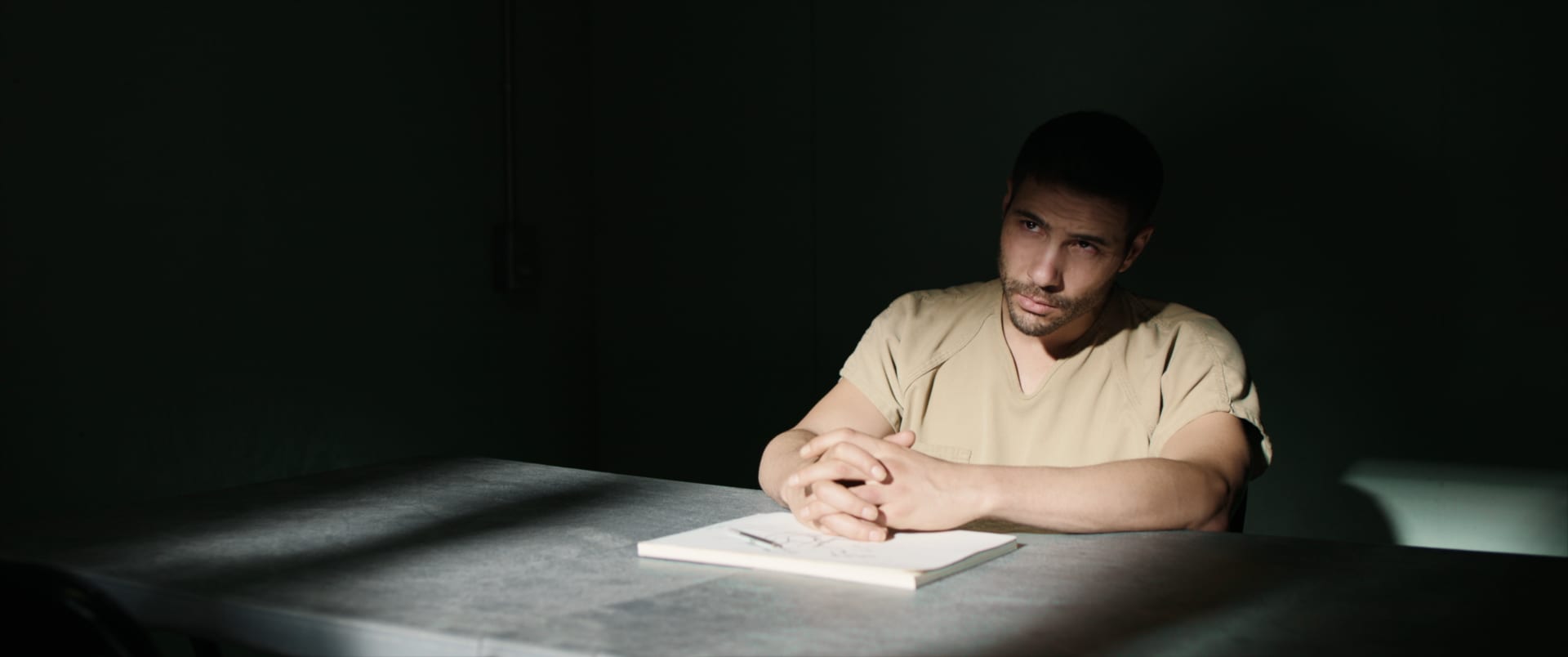
Day 3 at AFI Docs
Today?s films reflect a look at history. That includes a look at a wonderful music festival from 50 years ago?that isn?t Woodstock, and an in depth look at one of the darkest days of recent American history. In 1969 the world knew all about Woodstock. A few hundred miles away another music festival took place…

